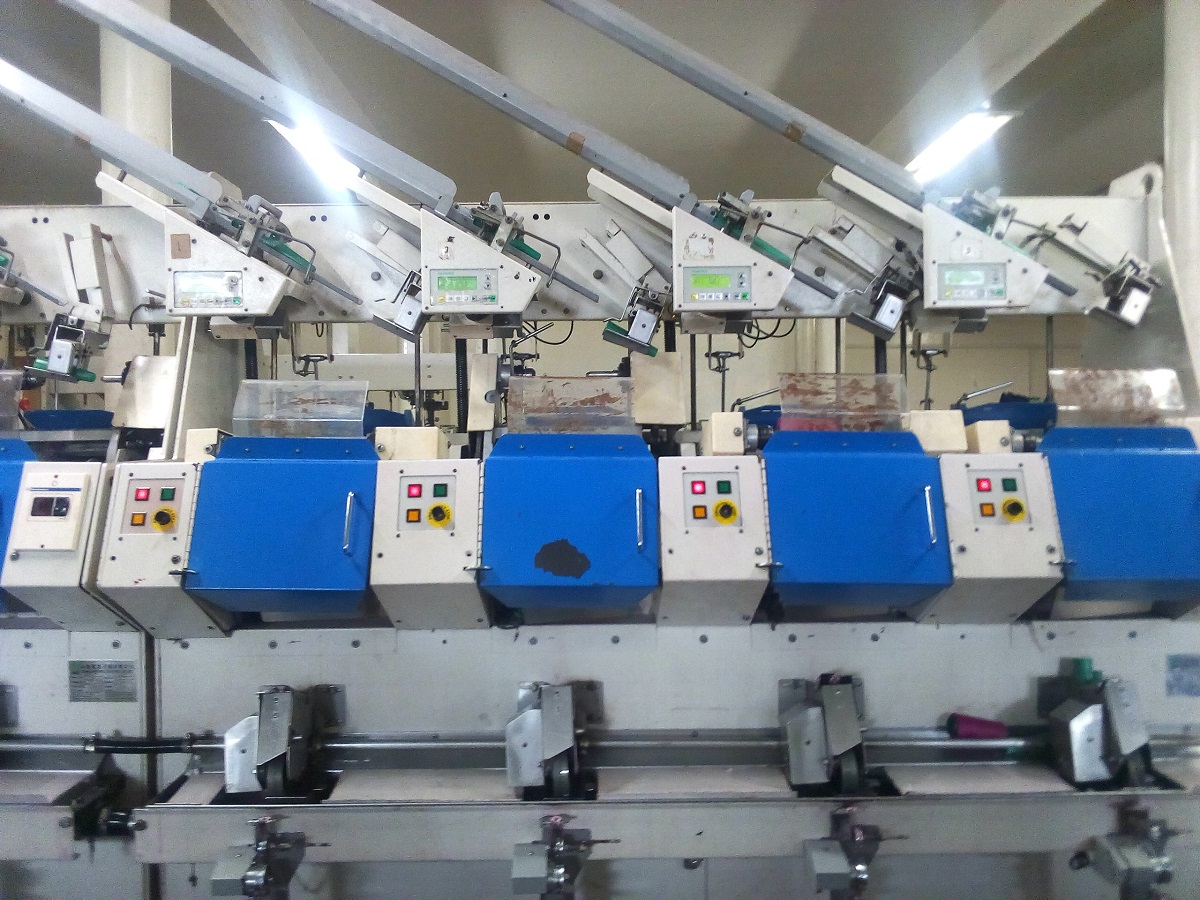
|
Project Title:
|
DEVELOPMENT OF A COSMETICS MANUFACTURING PLANT ON PLOTS 4453 & 4451, BLOCK 82 IN KIRYOWA – KIROLO CELL, KIRYAMULI WARD, GOMBE DIVISION, NANSANA MUNICIPALITY, WAKISO DISTRICT |
|
|
Clients: |
Royal care Cosmetics (U) Limited |
|
|
Project Type: |
Environmental Social Impact Assessment |
|
|
Sector |
The Built Environment |
|
|
Description: |
Services: |
|
|
Royal Care Cosmetics (U) Limited (RCCL) – is one of Uganda’s leading cosmetics firms with a portfolio of premium brands such as jellies, creams, shampoos and hair care products. The company has specialized in the production and marketing of its premium products which command over a large percentage of the market share. It was incorporated in April 2013 as a private limited and growth-oriented cosmetics company and officially launched operations in November, 2014.
This Environmental and Social Impact Assessment (ESIA) was submitted in support of the application made by Royal Care Cosmetics (U) Limited for the proposed development of a cosmetics manufacturing plant at Kiryamuli, Gombe Division in Nansana Municipality, Wakiso District.
Royal Care Cosmestics (U) Limited contracted Gissat Environment Associates to prepare the ESIA in accordance with approved Terms of Reference (TORs). These among others required the assessment of impacts of the cosmetics manufacturing project on physical and socio-economic resources of the project area; and to examine the potential sources of environmental impacts. The TOR also required Gissat Environment Associates to forward mitigation measures for adverse impacts; to undertake public consultations and to prepare Environmental Management and Monitoring Plan.
|
The aim of the ESIA was among others to describe the proposed development, source specialist input to address the issues raised during scoping and investigate the relevant identified alternatives, investigate and describe the biophysical, social and economic environment surrounding the proposed development, assess identified impacts and their significance.
The methodology used consisted of desktop studies to review literature on environmental impacts of establishment of the wheat milling plant. Field investigations were undertaken to establish baseline physical, biological and socio-economic environmental aspects. Baseline data for the study area was collected using a combination of: surveys, site reconnaissance desktop research, analysis of maps and plans, review of reports and back ground documents, public consultations and field studies inter alia.
|
|



